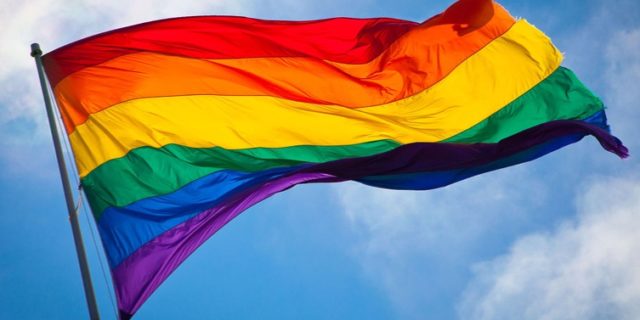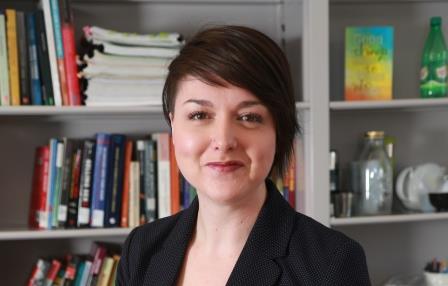
By
Corinne L. Mason
February 2017
Print Version
What you need to know
According to the United Nations, the human rights of lesbian, gay, bisexual, transgender, intersex, and queer (LGBTIQ) individuals are being violated around the world. LGBTIQ people are attacked, kidnapped, raped, and murdered based on their real or perceived sexuality, gender identity and expression. The global development and human rights industry is now, rightly, focused on global LGBT rights, and has shifted from a concern with primarily gender to incorporating SOGIE analyses into their work. My research will map this new focus of development, human rights, and humanitarian policy, programs, and campaigns.
Why this research is important
SOGIE, which means sexual orientation, gender, identity and expression, analyses are being “mainstreamed” by development and human rights organizations. Mainstreaming is the crosscutting integration of particular analyses into policy and programming, the most popular of which is “gender mainstreaming.” For feminist critics, gender mainstreaming has become a technocratic approach to gender equality—a far reach from its original feminist visions. My project will be the first study to bring feminist critiques of gender mainstreaming into the same theoretical arena as unfolding and critical dialogues about SOGIE analyses.
How the research will be done
My project will involve mixed-methods. Firstly, I will assemble academic texts relevant to my research questions through a literature review. Secondly, I will conduct a discursive analysis of policies, reports, campaigns, media and rhetoric on LGBT rights in development. In order to better understand how LGBT rights and SOGIE analyses have taken hold in the development industry, I have chosen four case studies for this project, paying specific attention to four organizations’ respective roles as agenda-setters, knowledge-makers, international donors, and foreign policy-makers: United Nations, World Bank, Human Rights Campaign, and the United States Agency for International Development.
I will travel to New York and Washington D.C. to complete 15-20 one-hour semi-structured interviews with development practitioners at these organizations.
How this research can be used
This project will be of interest to development practitioners and policy-makers in the areas of international development, human rights, and foreign aid. I plan to communicate my results in multi-stakeholder spaces, specifically among development organizations and practitioners. My analysis of SOGIE policy and programming will have implications for how workers approach global LGBT rights. Since this project will focus on questions of "mainstreaming" strategies in the work of development organizations, my research will build critical knowledge in policy-making circles. In addition to communicating my research results to the development industry, the questions of global homophobia and transphobia that anchor my research will be particularly interesting to the general public, especially since global gay marriage, the criminalization of same-sex relations, and world-wide mappings of ‘pride’ and ‘prejudice’ are popular media topics.
I will also present my findings at national and international conferences, and plan to publish two peer-reviewed articles and one manuscript from this project.
About the Researcher
Keywords
- development
- gender identity and expression
- LGBT rights
- mainstreaming
- sexuality
Editor: Christiane Ramsey
Read more BU Research
Research at Brandon University follows comprehensive policies designed to safeguard ethics, to ensure academic integrity, to protect human and animal welfare and to prevent conflicts of interest.

